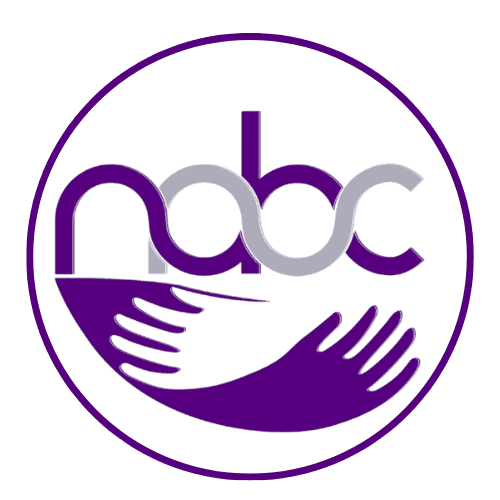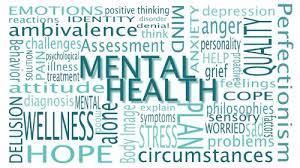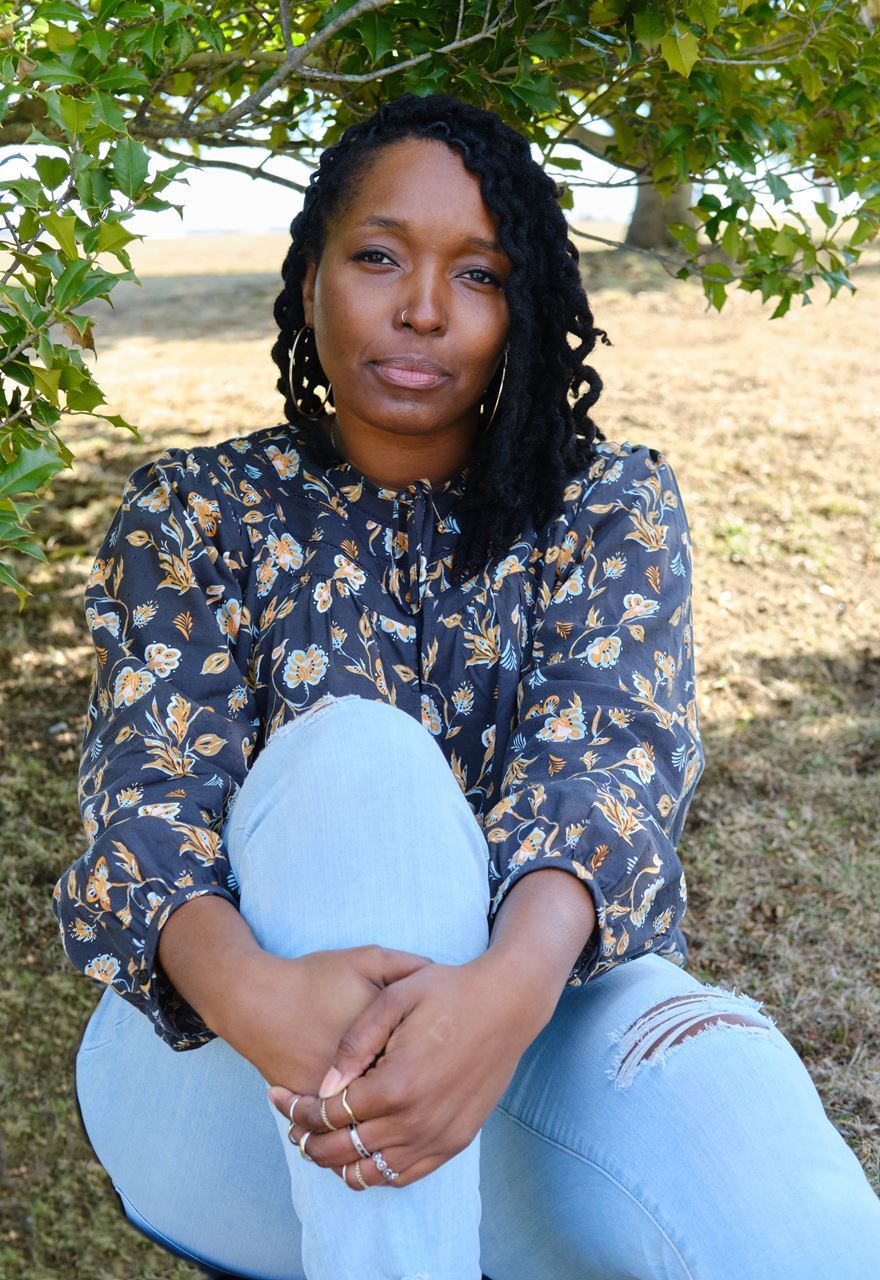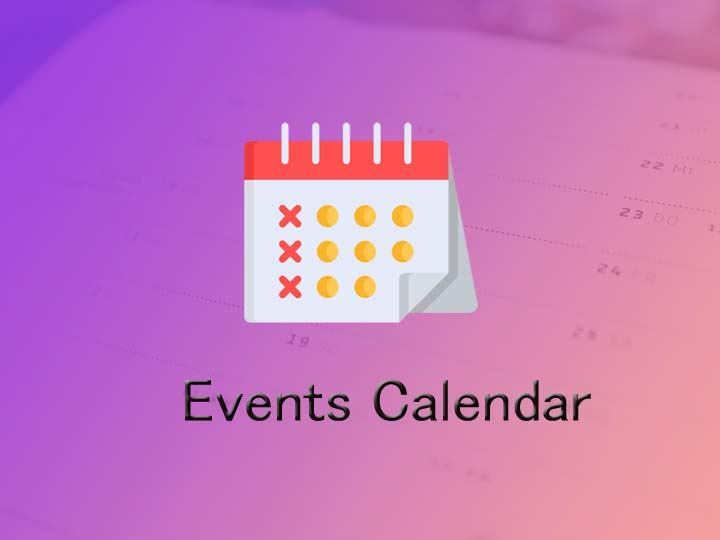 the national Association of Black Counselors
the national Association of Black Counselors
“Embracing The Past, Present & Future As One”
Welcome to the National Association of Black Counselors (NABC), a dynamic membership and advocacy organization committed to advancing Black mental health. Our mission is rooted in the recognition of a critical need – the need for a dedicated space where Black clinicians can thrive, learn, and make a profound impact on the mental well-being of Black individuals and communities.
|
nabc membership
Whether you’re a seasoned mental health professional or just beginning your journey, we invite you to join The National Association of Black Counselor’s vibrant and dedicated community. Together, we can make a lasting impact on Black mental health, forging a brighter and healthier future for all.
There are benefits to being a member of the NABC:
- Professional Development
- Advocacy for Fair Treatment
- Cultural Relevance
- Networking and Community Building
- Advancement Opportunities
- Mentorship and Peer Support...and so much more
Join NABC today and become a catalyst for change in the field of Black mental health. Together, we can create a world where every individual receives the mental health support they deserve, irrespective of their background.




